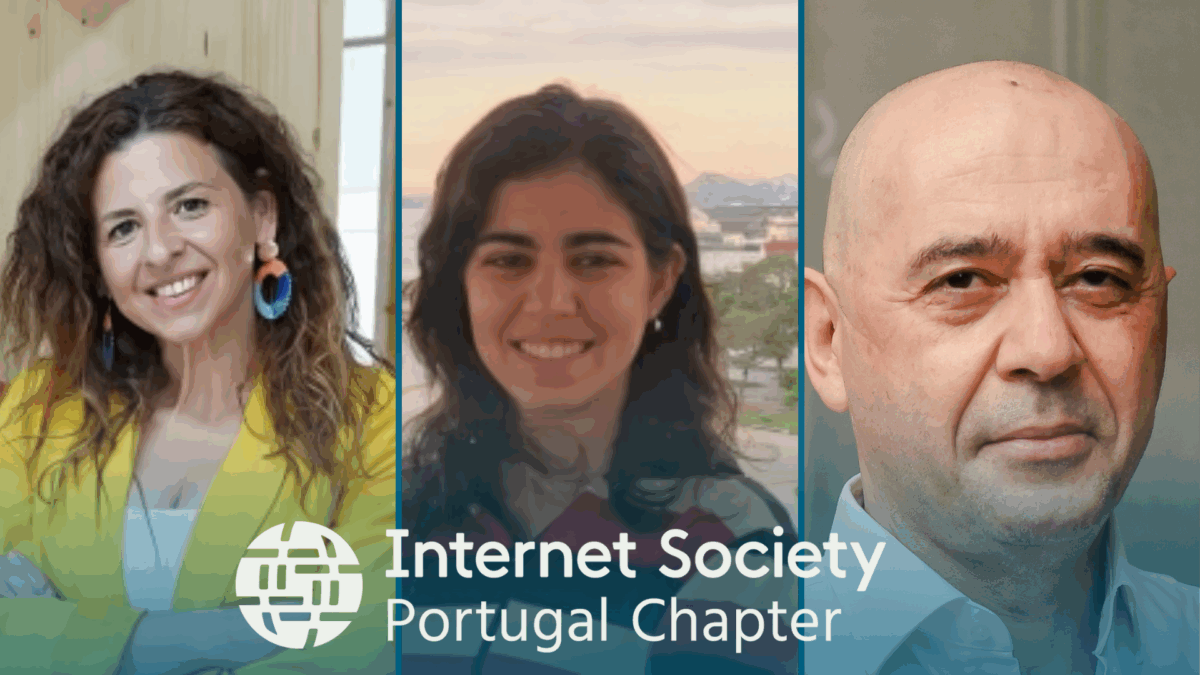
Paula Carvalho, Danielle Caled and Mário Silva win “Best Portuguese Internet Research” Award 2025 by the Internet Society
The paper “The Thin Line Between Conspiracy Theories and Opinion: Why Humans and AI Struggle to Differentiate Them”, developed by INESC-ID, has recently won the “Best Portuguese Internet Research” Award of the Internet Society. The paper is authored by Paula Carvalho, now at Universidade de Aveiro, Danielle Caled, who completed her PhD at INESC-ID, and Mário Silva, researcher in INESC-ID’s Information and Decision Support Systems scientific area.
The study gathered articles from the Portuguese blogosphere and analysed them by both humans and automated systems. It aimed to highlight the difficulty of telling conspiracy from opinion pieces and to deepen the understanding of credibility perception. Furthermore, it provides valuable insights for developing tools to distinguish the two categories and critically assess conspiracy theories.
The “Best Portuguese Internet Research” of the Internet Society 2025 Award is an initiative of the Portugal Chapter of the Internet Society (isoc.pt). It aims to promote and reward the best results of research, carried out in Portugal, with relevance and potential future impact on the evolution of the Internet, in line with the goals of the Internet Society.
